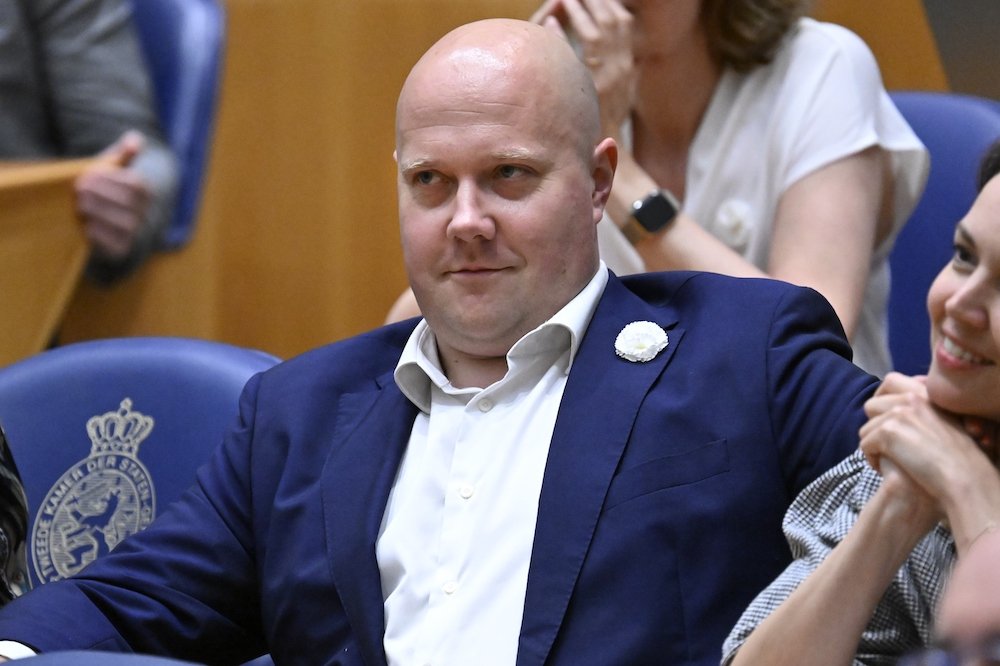VVD calls for brake on low-skilled foreign workers numbers

The right-wing Liberal VVD is calling for new measures to reduce the number of people coming to the Netherlands to do low-skilled work, saying the current cost to society is too high.
The plan is outlined in a new policy document drawn up by MP Thierry Aartsen, who told the AD in an interview that the Netherlands would always need foreign workers but “it must be fewer than we have now”.
The plan comes as the new right-wing government, which includes the VVD, is finalising its 2025 budget, which is expected to include measures to reduce immigration.
Migration is “problem number one, two and three,” the MP told the paper, referring to the results of November general election in which support for the far right PVV soared. “That is what everyone who goes into a village pub and asks what worries people will hear.”
Encouraging companies to invest in machines rather than cheap personnel is one way to have an impact, he said. “It is still attractive to get cheap labour to do the work rather than invest in robots. But society has to deal with the disadvantages and while the economy grows, the benefits have to be shared out by more people.”
Employers themselves should be made responsible for providing accommodation for their staff, he said. This means putting up temporary accommodation on their own property rather than working with slum landlords, he said.
The VVD also wants more options to send back EU nationals who cause trouble – through addiction issues for example – and better registration of EU nationals living and working in the Netherlands.
“An estimated 700,000 to 1.2 million low-skilled foreigners are working in the Netherlands and most of them come from the EU,” he said. “We cannot refuse them… but we can discourage them. Their number has quadrupled in 15 years.”
“At the moment we can’t force EU nationals to integrate and learn the language, but we should be able to if they plan to live here for a longer period,” he said. “In addition, we should be able to properly tackle companies which ignore the rules, and shut them down.”
Aartsen admits that not all the work done by foreign workers – such as cleaning hotels – can be automated. “But cutting up meat in slaughterhouses can, as can lots of work in the market gardening sector.”
Calls to change the focus of the Dutch economy away from sectors which depend on cheap labour are not practical, he said. “95% of the Dutch eat meat and 80% of the distribution centres serve the domestic market.”
Working conditions
A major report commissioned by the government and published in 2020 made 50 recommendations for improving the situation of people coming to the Netherlands from abroad to work in greenhouses or in the meat industry.
However, so far little has been done by the government to implement the measures although the social affairs ministry plans to introduce some form of certification scheme in 2025.
Earlier this year, the labour inspectorate also published a report saying the kennismigrant, or highly-skilled migrant, scheme, which allows thousands of people from outside the EU to work in the Netherlands, is open to fraud, is outdated and there is no adequate supervision.
Thank you for donating to DutchNewsToday.
We could not provide the Dutch News Today service, and keep it free of charge, without the generous support of our readers. Your donations allow us to report on issues you tell us matter, and provide you with a summary of the most important Dutch News Today each day.
Make a donation